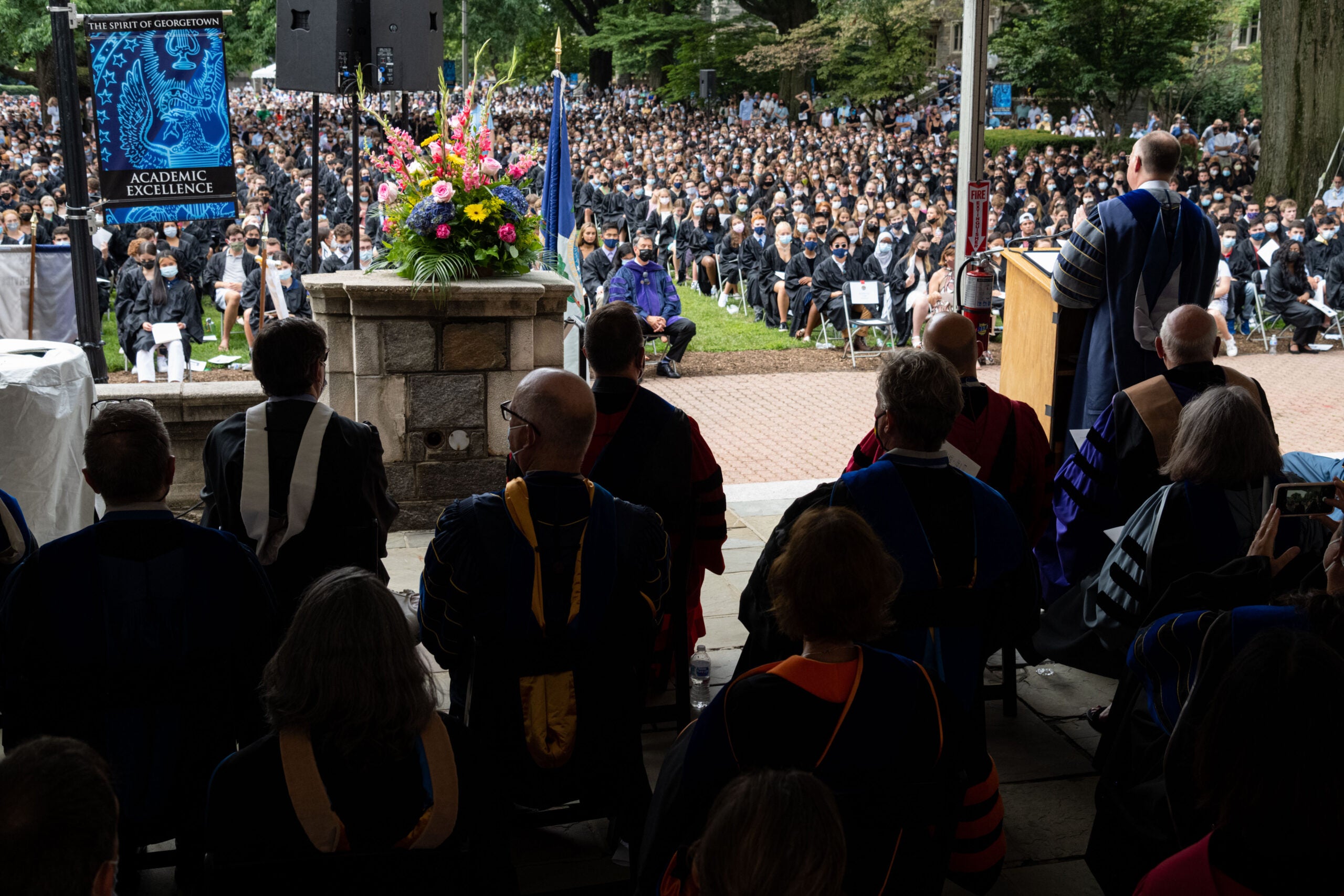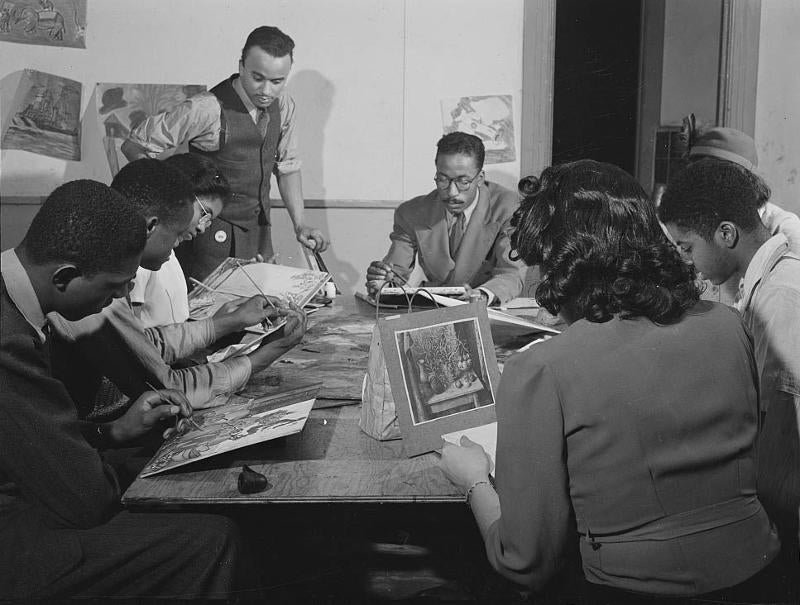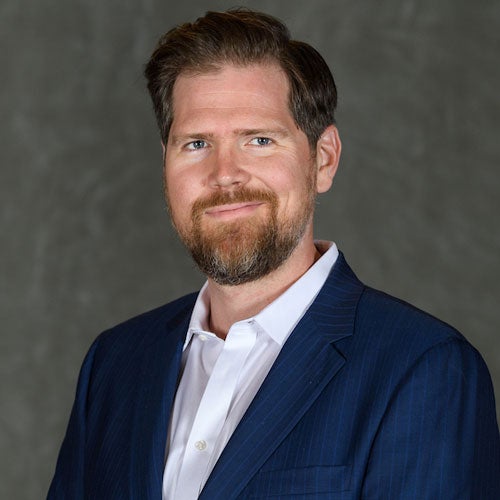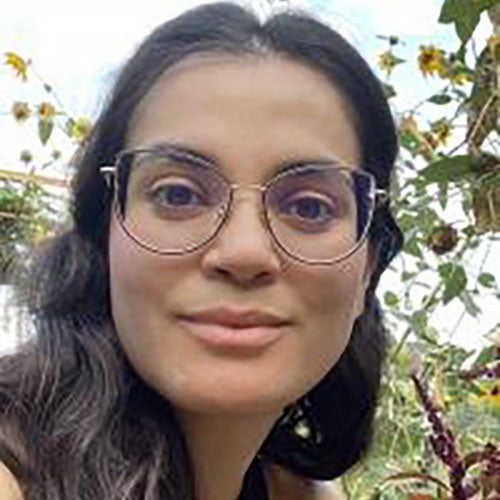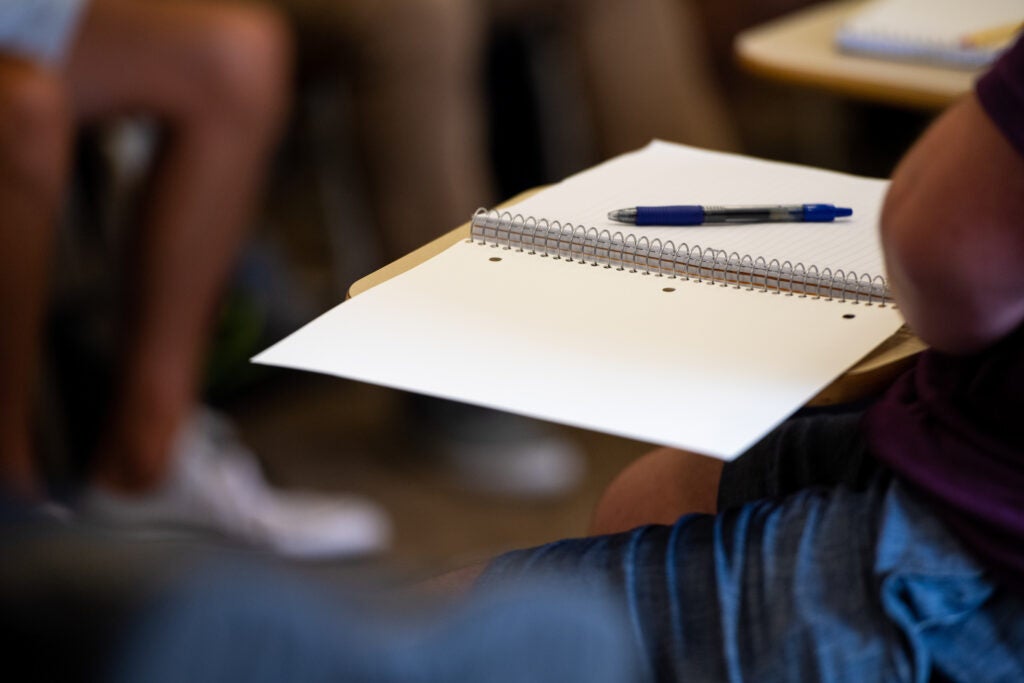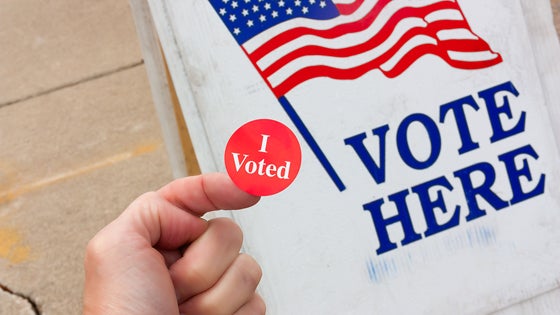Translating Humanities Insights into Writing that Makes a Difference
Professors Sherry Linkon and Matthew Pavesich offered a new graduate course Engl 728/Writ 428 “Public Writing. Translating Humanities Insights into Writing that Makes a Difference,” which interrogates what it means to write publicly, explore a variety of genres, and engage with public audiences.
Read More